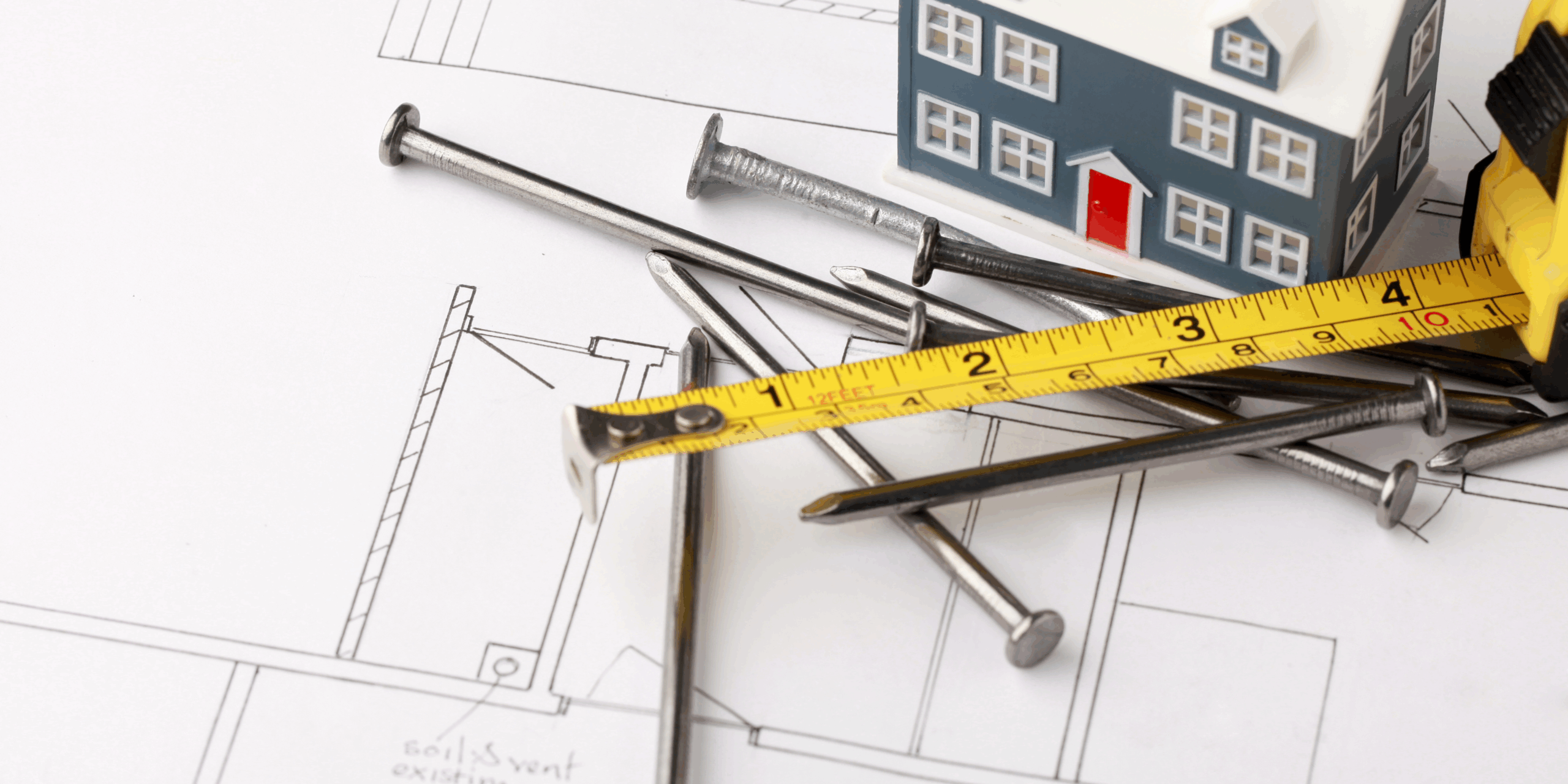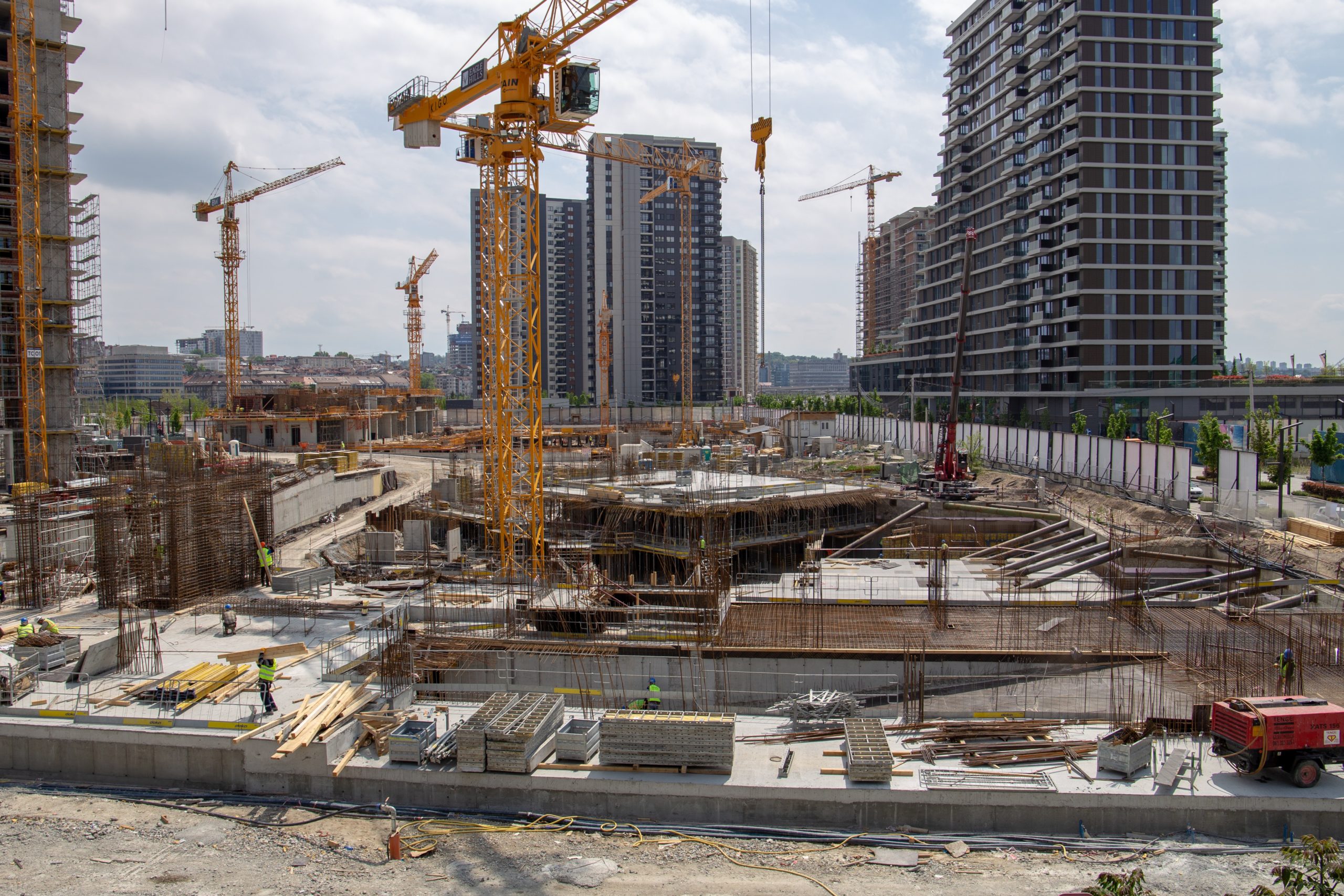

Welcome to another edition of our series of articles on all the crazy terms you can find in a construction subcontract. The modern-day subcontract is a minefield for subcontractors especially. Today, knowing how to navigate them and negotiate your way through them is an essential skill for construction pros, particularly in the commercial industry. Warranties work differently in commercial construction contracts and understanding how they work can be a huge advantage in how you conduct your business. This blog will dive into the issues you should be aware of regarding warranties in commercial subcontracts.
First, before you sign the subcontract, you should understand the warranty you will be required to honor. You will need to review the subcontract provision that sets forth the terms of the warranty required, and you will also need to review what the prime contract states as the required warranty. Most subcontracts incorporate the terms of the contract between the owner and the general contractor, referred to as the “prime contract,” into the subcontract. This means that you will have to honor the warranty terms in the prime contract. Have you seen the prime contract? Do you know what it says about warranties? If not, you need to request a copy of the prime contract to understand what you are agreeing to or have the part of the subcontract that incorporates the prime contract removed.
Before you sign the commercial construction subcontract, something else to consider is that generally speaking, there is no requirement of full payment before you are obligated to honor warranty claims. This means that you could be obligated to go out and fix an issue even though you have not been paid in full for your work. It is wise to negotiate that you do not have to honor any warranty claims until you have been paid in full.
Some language you could add to your contract would look something like this:
“We take pride in our work and know it is of the highest quality. We will honor the warranty requirement in this contract once we have been paid in full for our services.”
At The Cromeens Law Firm, we have extensive knowledge and understanding of construction contract laws and are licensed in Texas, Georgia, and California. We are often able to solve contract disputes for our clients through informal negotiations, mediation, or arbitration. Work with us to equip yourself with the ability to properly evaluate your risks before you sign and negotiate your next subcontract with greater confidence and ease
Another issue with warranty provisions in commercial construction subcontracts—which is not usually considered at the time of signing but is frequently an issue later—is the timing of when the warranty begins. In most situations, the warranty period begins when you complete the work. Under the terms of subcontracts, the warranty period does not begin until the entire project is completed, not just your portion. As a result, you really have no control over when the warranty period will begin.
So, if you are one of the first trades on the project, there can be a lot of time between when you finish the work and when the warranty period begins. Most commercial construction subcontracts also include a requirement to protect your work from damage after you are finished. We are not quite sure how you would make sure your work was not damaged after you were finished, except by having someone guard the project after you were done working. If you do not negotiate this provision and another trade damages your work, you will have to fix it for no additional compensation.
We once represented a Stucco subcontractor with a $330k retainage payment withheld until they went and repainted a section of the wall damaged by another subcontractor without any additional payment because this provision was in their subcontract. Had a construction attorney reviewed it beforehand and negotiated the provision either fully out of the contract or at least to have more understanding stipulations, he would not have had to stick his neck out and go back to the site without payment.
The construction industry is a rough place to work, even without these hidden provisions punching you in the gut. Education and preventative action are the best ways to arm yourself against errors and misunderstandings that could send you to the courtroom. For some more free education, diving into even more detail about Warranties in Construction Contracts, be sure to attend this month’s webinar on June 23 at 12 pm CST.
Have your subcontracts reviewed so you understand the risk of what you are signing and ask your construction lawyer to implement preventative measures to mitigate conflict on the front end. The Cromeens Law Firm Team offers contract review and creation services at flat, affordable rates catered to the modern craftsman. Set yourself up for success and take the first step.
This article is intended as a general educational overview of the subject matter and is not intended to be a comprehensive survey of recent jurisprudence, nor a substitute for legal advice for a specific legal matter. If you have a legal issue, please consult an attorney.
Karalynn Cromeens is the Owner and Managing Partner of The Cromeens Law Firm, PLLC, with over 17 years of experience in construction, real estate, and business law. A published author and passionate advocate for contractors, she has dedicated her career to protecting the businesses her clients have built. Karalynn is on a mission to educate subcontractors on their legal rights, which inspired her books Quit Getting Screwed and Quit Getting Stiffed, as well as her podcast and The Subcontractor Institute.

